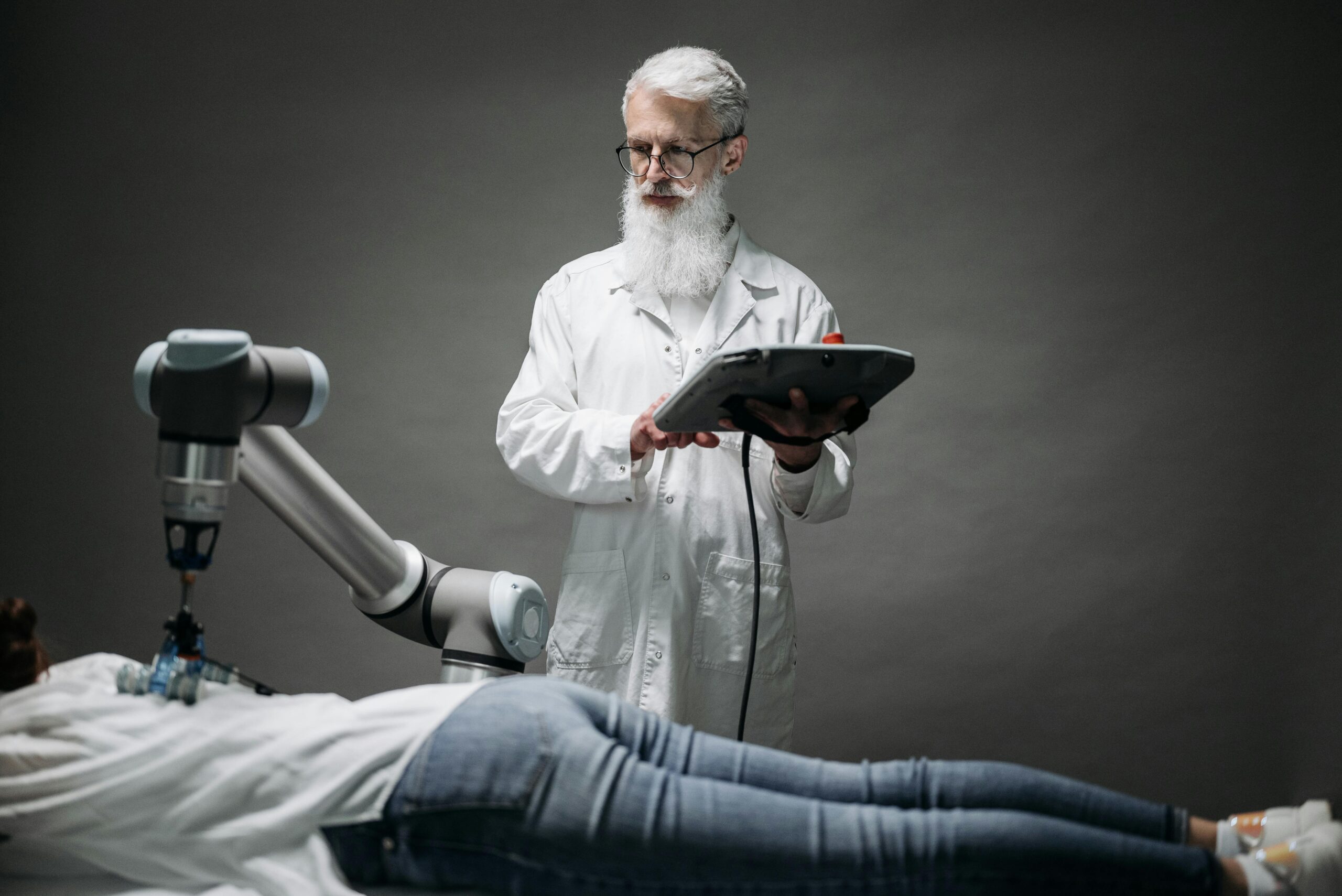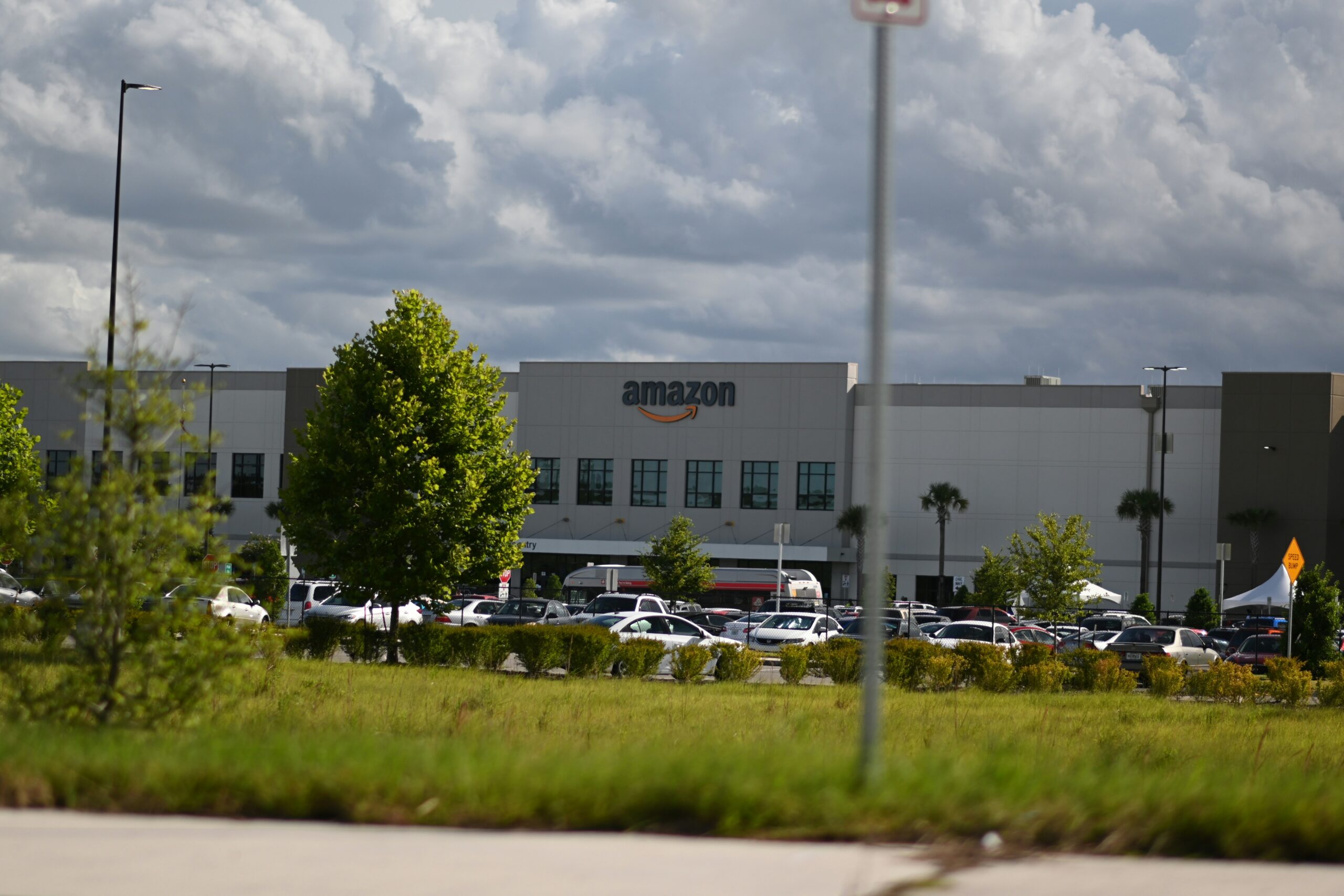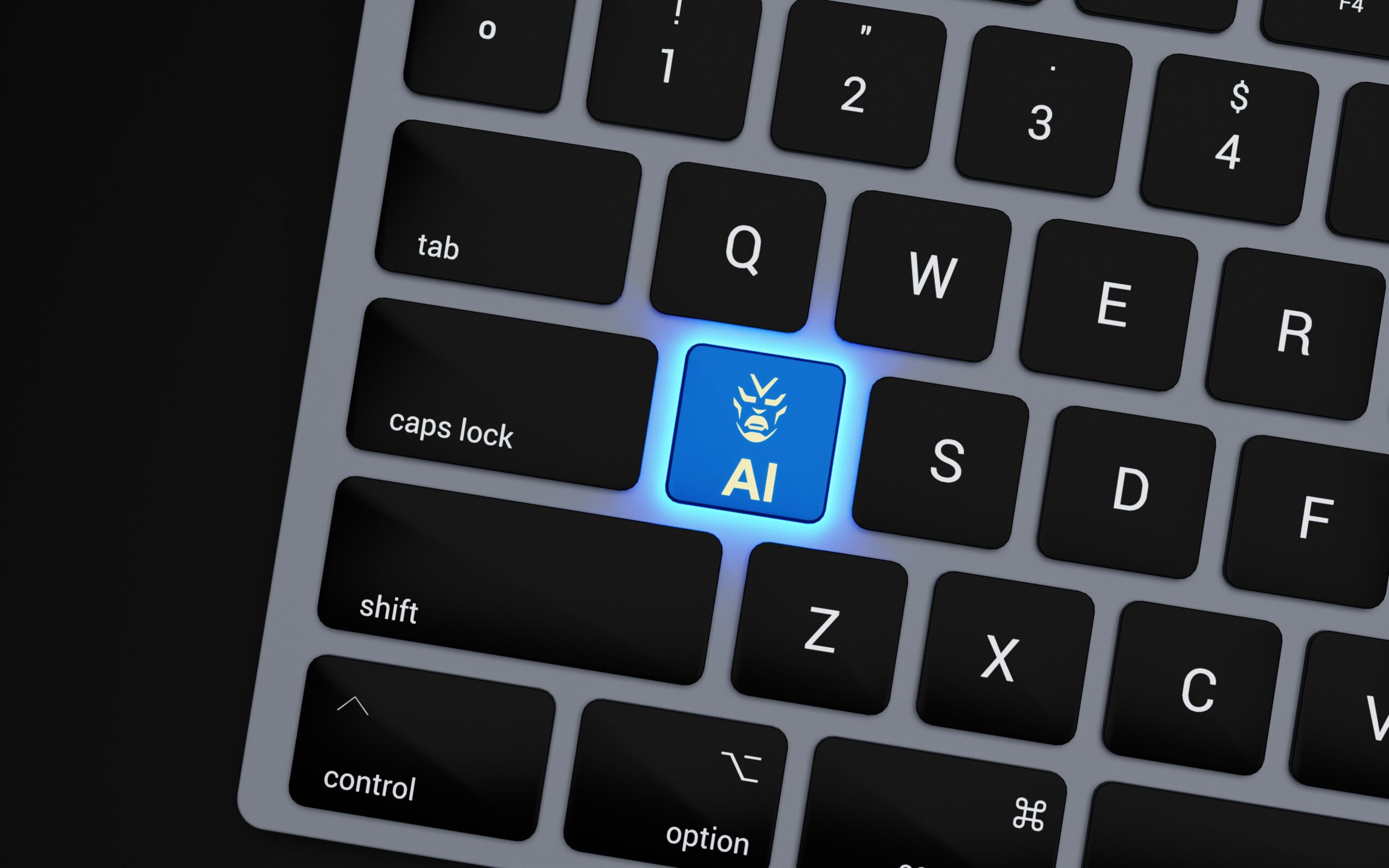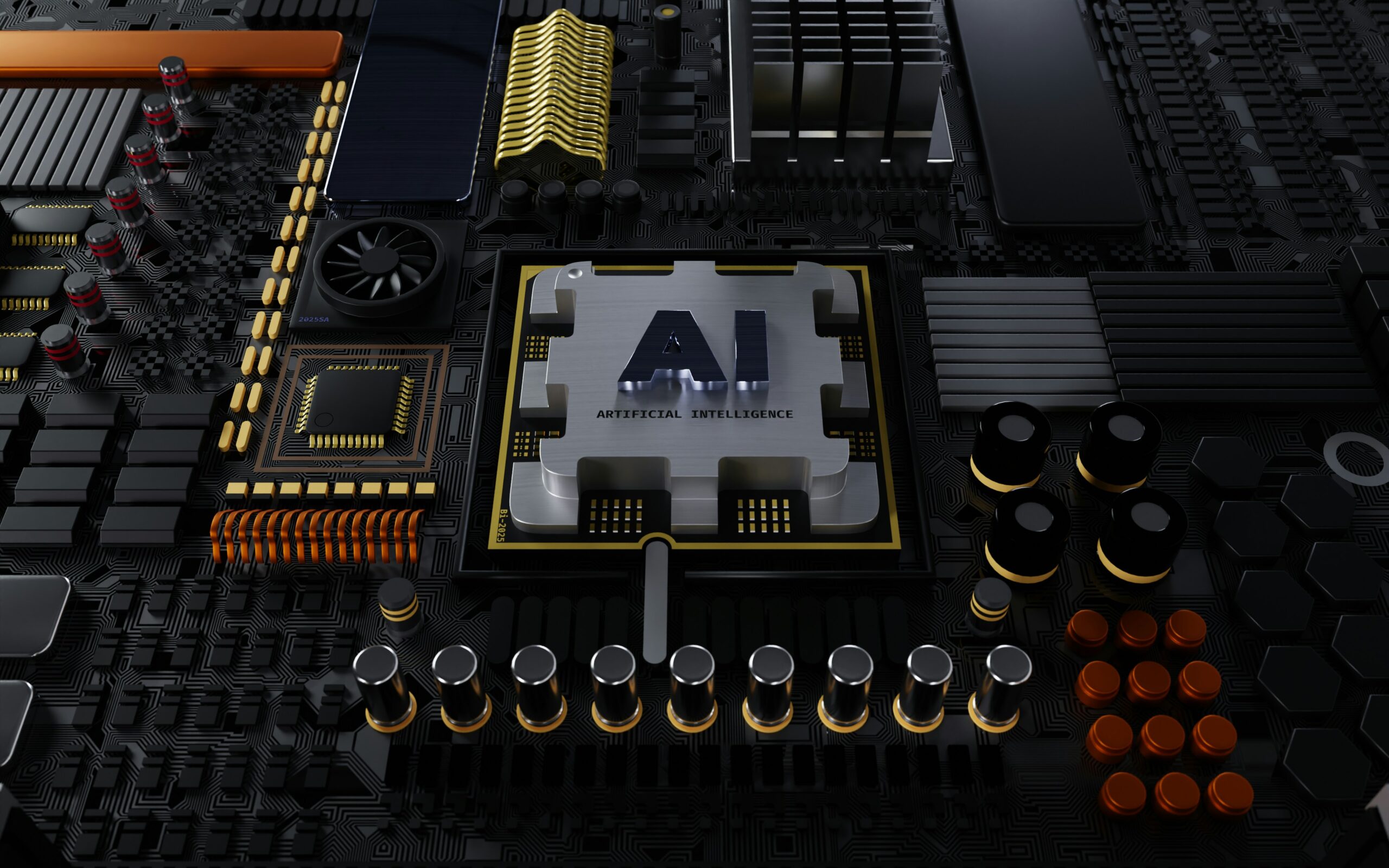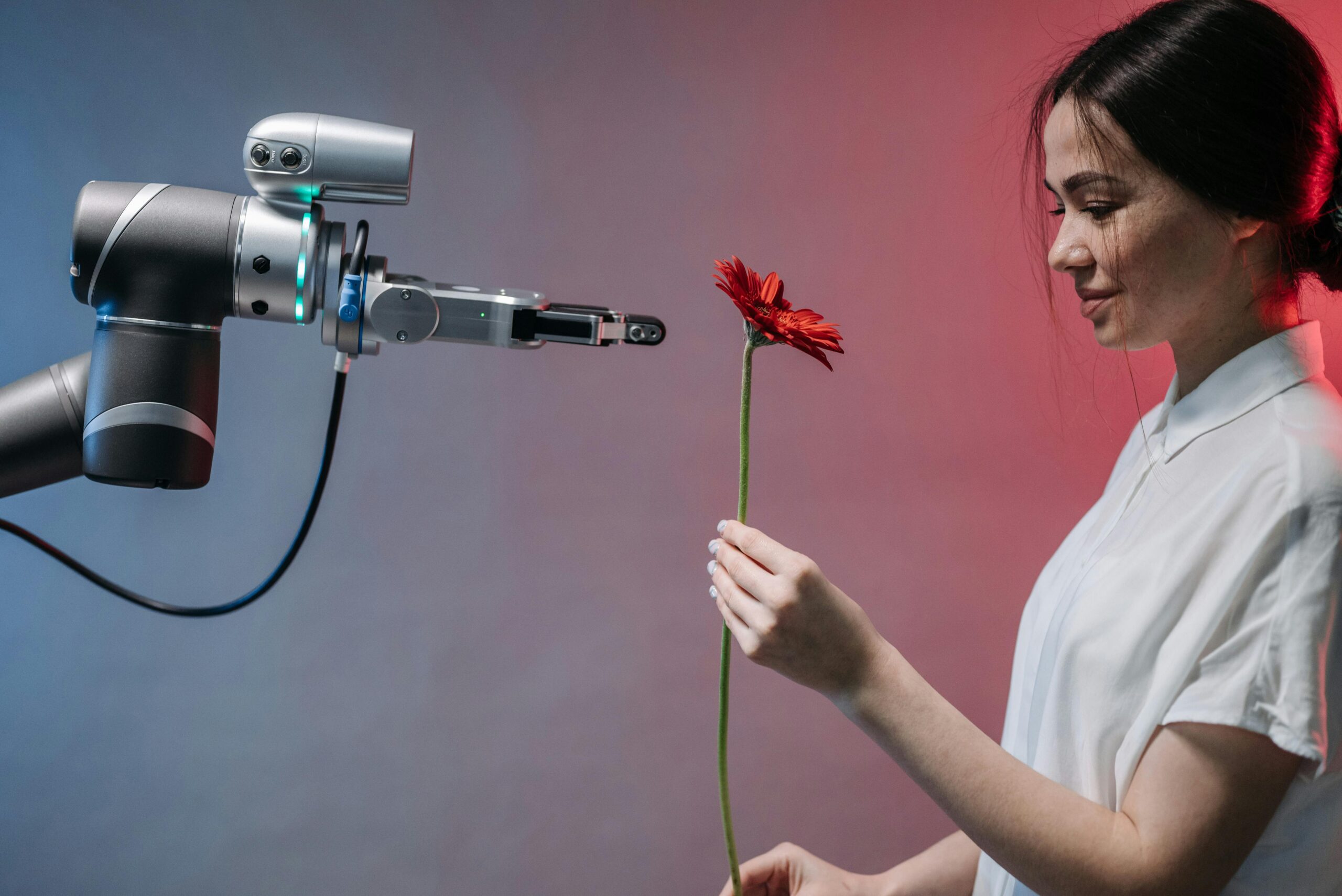Image credit: Pexels
For centuries, the relationship between technological advancements and the medical field has been harmonious, often balletic. As technology grows more advanced, so does the potential for applications to save lives and prevent human suffering.
One of the most significant technological advancements of the past decade, the incorporation of Artificial Intelligence (AI), is now being used to reshape the medical field profoundly. As technology advances, healthcare moves beyond treating illness to predicting and preventing disease before it strikes, with precision medicine and AI leading the charge.
Precision Medicine’s Promising Potential
Innovations in genomics and microbiomics are offering a more personalized approach to disease prevention, shifting the focus from generalized treatment to individualized care. While the medical field has previously spent centuries attempting to combat illnesses in the present tense, AI has enabled workers to more acutely predict potential health threats and take action against them before they fully form. In this way, AI provides the medical field with precise prognostication tools that benefit countless patients worldwide.
AI Used to Serve Humanity
Since its introduction to the market, AI has been a hotly debated topic for several reasons. Much of the controversy stems from inherent fear and paranoia surrounding the utilization of the technology. AI can perform tasks that take human workers hours and minutes, but the relative quality of that work remains in question.
While many argue against AI’s use as a blanket statement, vehemently resisting the possible applications of the new technology in favor of supporting human workers, the technology’s use in the medical field has been shown to save human lives and prevent human suffering.
AI’s Role in Shaping the Future of Medicine
AI enhances diagnostic accuracy, supports healthcare providers in making personalized recommendations, and reduces medical errors, becoming essential for future medical practice.
Dr. Anmol Kapoor has several years of firsthand knowledge of how governments, healthcare institutions, and innovators shape the future of precision medicine, longevity, and disease prevention. He was the 2024 recipient of the Golden Helix Award, recognizing his groundbreaking contributions to precision health and AI-powered diagnostics.
Dr. Kapoor is currently working at the forefront of genomic breakthroughs redefining human performance, longevity, and aging, including revolutionary applications in peak performance enhancement, biological age reversal, and predictive health monitoring.
He concludes, “The doctors that will use AI will be in demand, and doctors that will not use AI will be jobless.”
Addressing Longevity Myths
Contrary to popular belief, longevity requires consistent lifestyle changes over time; there are no shortcuts through supplements or single treatments. Thus, AI is yet another helpful tool that the medical field can utilize to enhance the quality of patients’ lives. Embracing change and innovation is necessary for livelihood, not only for the individual but for the medical field.
As genomics, AI, and real-time health monitoring technologies advance, they offer unprecedented opportunities for healthier, longer lives; however, only for those willing to embrace these scientific breakthroughs and commit to proactive care.
